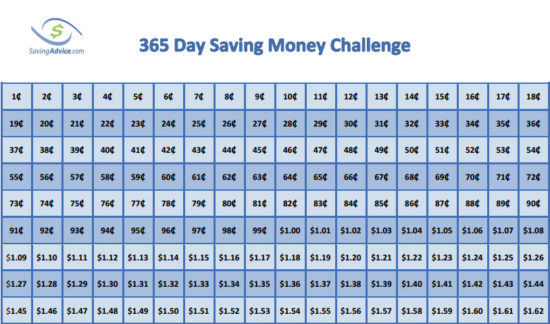NEW YORK (AP) — Visa and Mastercard have proposed a settlement in their long-running legal dispute with merchants and retailers over how much they charge merchants to accept their cards.
The most important part of the settlement could directly impact how customers use their Visa- and Mastercard-issued credit cards, and may result in some consumers getting denied at the point-of-sale for purchases
Visa and Mastercard have been in litigation with a class-action group of merchants for nearly 20 years over the costs they impose on merchants to use their payment networks, known as interchange. A previous settlement was rejected by the judge overseeing the case last this year, requiring Visa and Mastercard’s lawyers to go back to the drawing board on the scope and size of the settlement.
The new part of the settlement announced Monday addresses the “honor all cards” rule, a cornerstone of how credit and debit cards work in the U.S.
The “honor all cards” rule states that if a merchant accepts Visa or Mastercard as a form of payment, they are required to accept all iterations of Visa and Mastercard products, regardless of who issues it and the cost to the merchant.
That has led to consternation among merchants over the years because rewards-heavy credit cards, like the Chase Sapphire Reserve or Citi Strata Elite, use a premium version of a Visa or Mastercard. For the Sapphire Reserve, Chase uses the Visa Infinite card, and for a card like Strata Elite, it’s issued as a World Elite Mastercard. These cards have gotten far more popular in the last decade.
Both a Visa Infinite and World Elite Mastercard cost more for a merchant to accept. The amount of additional interchange a merchant will pay varies on size and industry, but one example is the Visa Infinite, which can be 15 basis points (0.15%) more expensive than a Visa Signature (a mid-tier credit card) for a merchant to accept.
Under the proposed settlement, merchants could discriminate between the different tiers of Visa and Mastercard products, meaning high-reward credit card users may be declined at checkout if the merchant has opted out of accepting the higher-tier card. A merchant may also be able to pass along the higher cost to accept the rewards cards to the customer in the form of a surcharge on their bill, under the proposed settlement.
This will place merchants in the position of making a choice: accept all cards with the higher fees or reject some of the higher-fee cards and likely upset wealthier consumers who typically enjoy earning points on routine purchases.

























